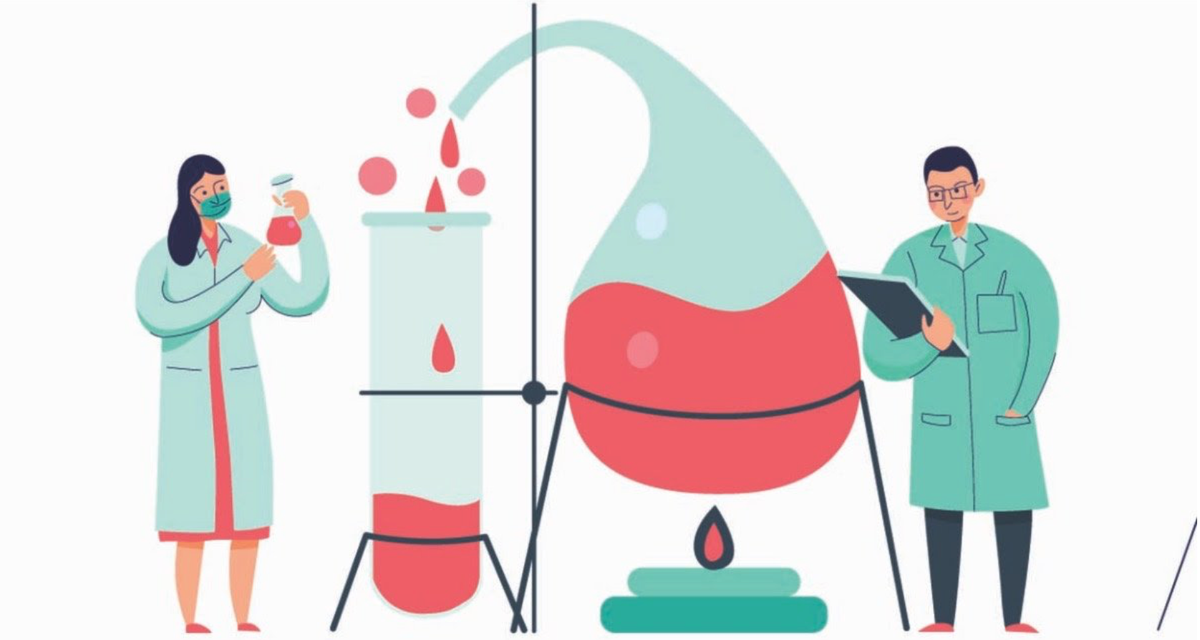Why we disagree with science when it jars with our worldview

Humans are a funny bunch. We don't seem to agree on very much, especially when it comes to scientific research. Among us are people that think global warming is a hoax, that vaccines are dangerous, and that putting fluoride in water and genetically modified foods is a form of government control. Oh and that social distancing and wearing facemasks isn't an effective way of reducing the spread of disease.
But just as many people who believe in the above, there are people that believe in the exact opposite, and another group of people again that think something in between. What gives?
“Motivated reasoning” is what social scientists call the process of deciding what evidence to accept based on the conclusion one prefers. As professor of philosophy, Adrian Bardan says in his book, “The Truth About Denial,” this very human tendency applies to all kinds of facts about the physical world, economic history, and current events.
What Bardan argues in his book is that people's decision making on information has little to do with logic and reason and how educated you are.
A 2015 metastudy showed that climate change denial increases with respondents’ knowledge of politics, science and/or energy policy. In fact, those that scored highest on tests for cognitive sophistication or quantitative reasoning skills are most susceptible to motivated reasoning about climate science.
What he said
Many psychologists believe that our sense of self is intimately tied to the identities and beliefs of the social groups we move in. As a result, people respond defensively to information that threatens the worldview of groups with which they identify.
On top of that, we give more credit to experts who confirm our world view, and we reject or downplay those views that don't. There are also other ways in which we're quietly influenced by the world around us.
During moments of economic distress or threats to our way of life, we often turn to authoritarian leaders who promise security and stability, even if those leaders say things that contradict our other views.
Humans are inseparable from the emotional responses, biases and tribes that we inhabit. If you want to change someone's mind, be willing to change yours, too.
